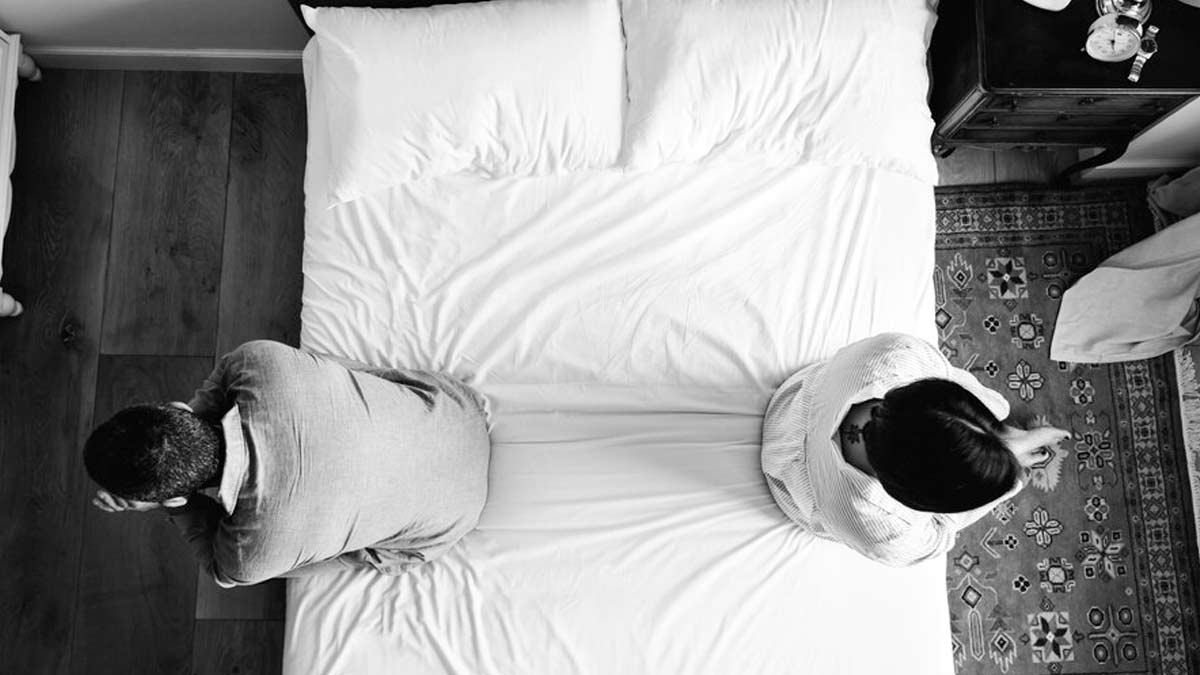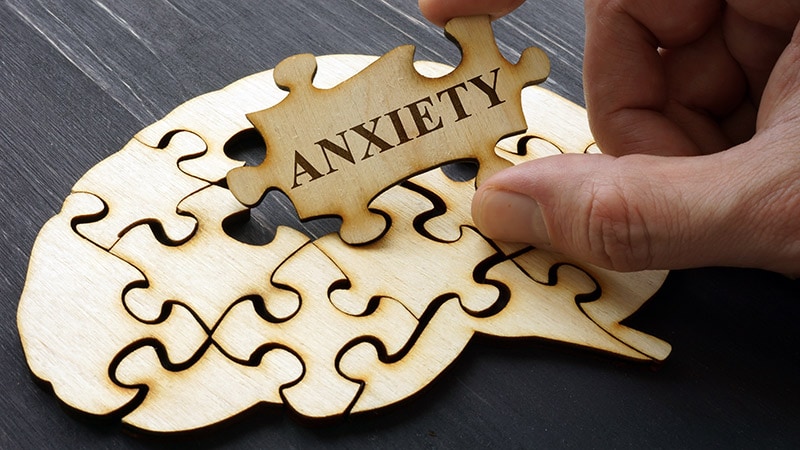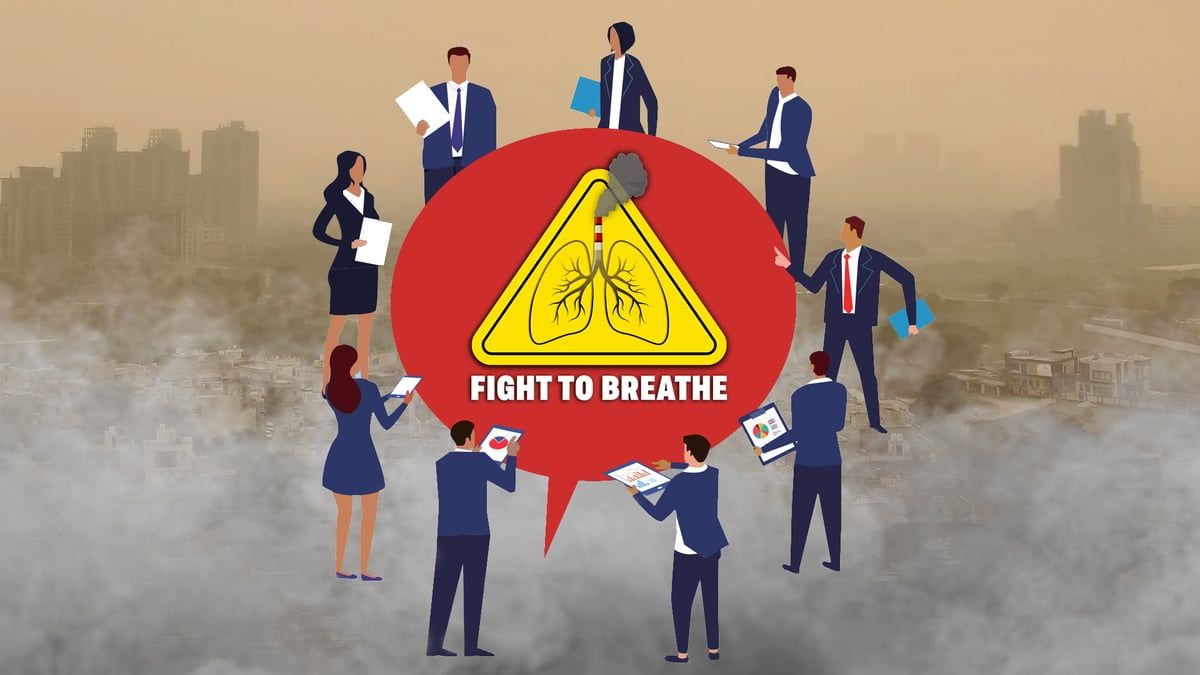Specialized Mental Health Team Supports People with Cancer

Cancer challenges every part of us. Along with the physical demands of illness and treatment, patients can also experience a range of mental and emotional issues.
Traditionally, these issues have not been at the center of cancer care. But for patients receiving treatment within the Froedtert & the Medical College of Wisconsin Cancer Network, mental health services are an integral part of treatment.
According to Froedtert & MCW cancer experts, the goal goes beyond easing the emotional burden of cancer. There is strong evidence that effective mental health care is an important element of overcoming cancer and keeping it from coming back.
Influence of Stress on Cancer
“Our knowledge of stress biology has exploded in recent years,” said Jennifer Knight, MD, MS, psychiatrist and MCW faculty member. Dr. Knight is part of the Wisconsin Institute of NeuroScience (WINS).
“We now know that the majority of physiological processes within the tumor microenvironment are adversely impacted by sustained chronic stress,” she said. “In other words, chronic stress reduces the body’s ability to fight cancer.”
For example, many tumors develop a network of blood vessels to grow. Medical treatments aim to inhibit this developing vascular network. But according to Dr. Knight, research has shown that stress increases the hormonal processes that regulate blood vessel development.
“When you’re more stressed, the tumor can develop more blood vessels,” she said. “Essentially, stress can increase a tumor’s ability to grow.”
Dr. Knight also noted that the body’s response to some cancers is to create a matrix of cells around the tumor, attempting to “wall it off ” and prevent it from spreading.
“However, we have found that when there are increased levels of stress, that matrix breaks down,” she said. “As a result, the tumor cells are more able to break off and spread. Stress decreases the body’s ability to keep a cancer from metastasizing.”
Emotional Health as Part of Cancer Care
Dr. Knight is the director of the Psycho-Oncology Program within the Froedtert & MCW Cancer Network. The program includes a comprehensive team of psychiatrists, psychologists and mental health counselors who work exclusively with people who have cancer.
“As a team, we use an integrated approach based on the individual needs of the patient, and that can include pharmacologic and behavioral interventions,” Dr. Knight said. “Our goals are to improve our patients’ overall mental and emotional health and, through that mechanism, to optimize their response to treatment.”
Cancer Network doctors and clinicians weave mental and emotional support into clinical care from the beginning of the patient experience.
“For example, every patient who comes to our Breast Care Center fills out a distress scale questionnaire,” said Chandler Cortina, MD, MS, surgical oncologist and MCW faculty member. “That lets us determine right from the start — and from an objective standpoint — what mental and social support a patient might need.”
Patients who can benefit from counseling and medication are connected with Dr. Knight’s team. The Cancer Network also provides a full range of support services designed to ease the stress of cancer diagnosis and treatment.
“Our social workers help determine logistical issues people with cancer face, like transportation and childcare,” Dr. Cortina said. “For example, if someone will have radiation therapy every weekday for three weeks, who will pick up their kids from school and how will they be cared for?”
According to Dr. Cortina, mental health also plays a key role in survivorship.
“After a patient with cancer has gone through treatment, there is often a ‘What if ?’ in the back of their mind,” he said. “What if the cancer comes back? What are my options?”
For some people, this background chatter is minimal. But for others, thoughts of “what if ” are constant and burdensome.
“Our mental health team can help these patients get out of that mindset and focus instead on ‘I’m alive, I’m cancer free’ and other positive thought patterns,” Dr. Cortina said. “Reducing chronic stress in this way can play an integral role in minimizing the risk of the cancer returning.”
Well-Being is the Ultimate Goal
In addition to its large team of mental health and social support experts, the Cancer Network offers disease-specific patient support groups. Services are also available for family members who accompany and care for patients.
Dr. Cortina believes mental and emotional health are key to realizing the ultimate goal of treatment for patients with cancer.
“We don’t just want patients to go through their treatment and be alive, we want them to have a sense of well-being and to enjoy their life,” he said. “Helping patients feel not only physically well, but also emotionally and mentally well, is key to making sure our patients thrive.”
link






